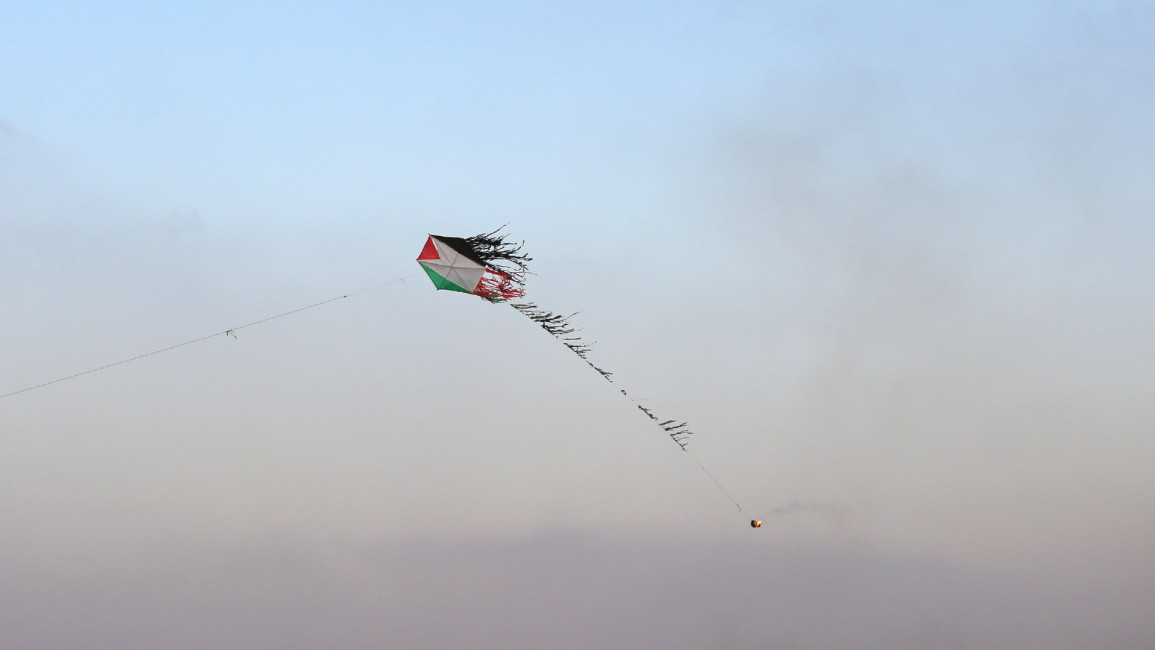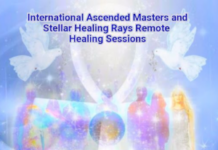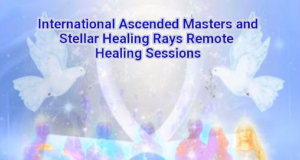By Sara Troian,
Unless it sheds its colonial skin, the UN will fail to hold the West and Israel to account, or achieve real justice for the Palestinians, says Sara Troian.
As Israel’s eliminationist, repressive and acquisitive project continues unabated, the UN’s International Court of Justice (ICJ) issued an advisory opinion in July condemning Israel’s occupation of the West Bank, including East Jerusalem and Gaza as illegal.
The ICJ also outlines third states’ obligations to bring Israel’s occupation of Palestine to an end, including military and oil embargo, and the suspension of all financial transactions and trade.
This judgement has since been reinforced by many international justice mechanisms, including a UN resolution in September and a position paper by the UN Commission of Inquiry in October.
Many – lawyers, scholars, activists and politicians – have praised these developments as watershed moments for justice and the decolonisation of Palestine.
However, amidst Israeli colonial expansion, deadly military patrols and settler terror, torture chambers, burning makeshift tents, encroaching intergenerational trauma of displacement, and life suspended between slow or quick death, we must question the significance of a UN court ruling in the struggle for Palestinian liberation – the same court built by colonists that “expect[s] Palestinians to be well-behaved victims while getting killed, (…) to be slaughtered without making a noise”.
The ICJ’s judgement epitomises the international legal system’s complicity in the colonisation of Palestine, unveiling the colonial origins and manifestations under the UN’s leadership.
Its geographical and temporal focus is limited to only the 22 percent of Palestine that Israel occupied in June 1967, during the Naksa. The tendency to reduce the struggle for Palestinian liberation to the last bits of Palestine that the Zionist settler colony conquered in 1967 is typical of the international system.
Since the UN legitimised Zionist settler colonialism by passing Resolution 181 in 1947, which partitioned Palestine and gave away 56% of its land to European-Jewish settlers, it has continued to encourage Israel’s expansionist endeavours in many ways.
The UN allowed Israel to occupy a lot more land than what Resolution 181 entailed by failing to overcome UN Security Council paralysis to force Israel into compliance with UN resolutions, by establishing a Special Rapporteur on the “partial occupation of Palestine”, and by giving Israeli leaders a podium to make declarations of genocide without repercussions.
The ICJ’s ruling reinforces this colonial amnesia that intentionally neglects the existence and history of three million Palestinians in the remainder of Palestine, inside the so-called “Green Line” that Zionist militias seized in 1948 during the Nakba. The forced exile of over nine million Palestinians that emanated from that catastrophe is also forgotten.
How the UN became an instrument of settler colonialism
As a consequence, the ICJ ruling limits the right of return only to those Palestinians expelled in 1967. Yet, this right is engrained in the Palestinian people’s inalienable right to self-determination, which is the juridical expression of liberation from colonialism.
Return captures the abolition of colonial dispossession in Palestine in that it embodies the beginning after the end of Zionism as well as the going back to the beginning: the homeland. Any proposal that fragments Palestinian return to junctures of exiles – whether 1947-9, 1967, or 2023-4 – reproduces colonial divisions, and therefore cannot be the matrix for a tangible decolonisation process.
Bound by these geographical and temporal limitations, the ICJ’s judgement failed to capture the root causes and the settler colonial nature of the 1967 occupation.
By ignoring the expansionist and eliminationist intent that are the hallmarks of settler colonialism, the ICJ not only reduced the partial occupation of Palestine to mere violations of human rights and racial segregation – without even uttering the word apartheid.
More dangerously, it also reaffirmed the international legal system’s endorsement of Israel as a settler colony and the legitimacy of settler colonialism in the 21st century. This undermines the pursuit of decolonial justice.
The feeble attempt of the ICJ to delve into the historical context that led to the Naksa further underscores the inability of the system to speak truth to power.
The analysis of the British Mandate of 1922-1948 does not acknowledge the Mandate’s implementation of the Balfour Declaration that turned zionist aspirations to establish “in Palestine a national home for the Jewish people” into reality.
As part of the League of Nations’ Class A mandates, Palestine was entitled to independence from the Jordan River to the Mediterranean Sea. Britain, as its administrator and according to the existing laws of war, did not have the authority to alter Palestine’s demographic or normative landscape.
However, Britain’s collusion with Zionism had created a threatening environment to Palestine’s quest for independence as 350,000 Palestinians had been already expelled from their lands by Zionist terrorist militias and European corporations before May 1948.
It is important to note that the League of Nations operated during a time when European colonialism was a fashionable trend, and it was the precursor of the UN. This makes the resistance of the UN Court to reckon with its colonial history a more ominous display of the power imbalances that permeate our international legal institutions, rendering them incapable of delivering decolonisation.
Additionally, the ICJ proved unable and unwilling to understand the lived experiences, languages and demands of the Global South when it oversimplified the rejection of Arab states to the UN General Assembly Resolution 181.
Arab countries were intimately aware of the plight that the Palestinian people were facing, struggling themselves for liberation from the same type of cancer.
Their rejection of Resolution 181 was grounded in a profound sense of solidarity: they recognised that the terms of partition were unequal and served to promote European colonisation, at the expense of Palestinians. The ICJ engaged in the politics of blaming the victim, a characteristic of imperialism, painting Arab states as the wrongdoers to legitimise once again the content and consequences of the resolution.
At the same time, the ICJ ignored that Zionist militias never explicitly accepted the territorial boundaries of Resolution 181 and that Israel, to this day, refuses to draw its borders in any map or textbook.
The result is a judgement that refers to the Nakba with sanitised terms such as “an armed conflict then broke out”, further reinforcing the British and Zionist rhetoric that actively supported the establishment of the umpteenth European colony, this time in Palestine.
A symptom, not a cure
Importantly, this ICJ’s judgement was steered by the UN Commission on (the occupied Palestinian territory, including east Jerusalem, and Israel) Palestine that has been appointed by the UN with the mandate to investigate the root causes that led to the Unity Intifada of May 2021.
It is the first time that the UN has established an inquiry on Palestine that is open-ended in both time and territory. The appeal to the ICJ regarding Israel’s presence in Palestine could have been an opportunity to trigger a broad legal test that recognizes the unity of the Palestinian people as well as the unity of its territory.
Unfortunately, this expectation has been crushed by a balancing act between the colonial status quo of international relations and the distorted language that enabled and legitimised the ongoing genocide in Gaza, now leaking out to the rest of Palestine and Lebanon.
The request for deliberation on the illegality of the partial occupation is itself another colonial travesty. The Palestinian people have been denouncing Israel’s occupation since its inception in June 1967 as a direct unlawful consequence of Zionist settler colonialism, seeking to complete what Israel did not finish in 1948. The international community has refused to internalise this position and act according to what international law demands in such a case: political, economic and diplomatic sanctions against Israel, which is a UN member state.
The appeal to the ICJ is thus a symptom of the anti-Palestinian racism permeating our modern international system, whereby Palestinian narratives are outweighed by their perpetrators’ apologetic approaches, and justice is suspended in the maze of infinite recourses to legal mechanisms. But these dynamics should not be a surprise because “the native has always known that he needs to expect nothing from the other side”.
Barriers to freedom, embodied by foreign settlers, gowns of cement, walls, colonies, checkpoints, imported trees, de-development, surveillance technologies, combat drones, and advanced weaponry have punctuated Palestinian existence since the early 1900s.
Seventy-nine years since the resurrection of international law under the guise of the UN’s promise of universal equality and five months after the ICJ’s judgment, Palestinian children, mothers, fathers, siblings and friends continue to be forcibly displaced, killed, maimed, starved, (re)traumatised, rounded up to be shot, tortured, imprisoned indefinitely while witnessing their land being systematically bombed, stolen and capsized.
Hence, this judgment embodies Palestinian freedom fighter Ghassan Kanafani’s writing: “They steal your bread, then give you a crumb of it. Then they demand you to thank them for their generosity…O their audacity!”. As allies of the Palestinian people and their liberation struggle, we cannot afford to empathize with the thief for giving back one crumb. Rather, we must exploit the international system strategically.
In its reluctance to confront colonialism directly, the ICJ inadvertently exposed the forces of capitalism that underpin it by acknowledging the intrinsic link between capitalism and settler-colonialism and promoting a boycott, divestment, and sanctions approach.
While we did not need a court’s judgement to know that the isolation of Israel, through the demise of the economic structure that supported it, was necessary to free Palestine, the ICJ’s imperative to end all forms of relations — economic, political, and diplomatic – between third states and Israel provides an advocacy tool to make our calls louder.
Within the broader landscape of dismantling the international system predicated on neoliberal policies and imperial practices from the bottom, the ICJ’s judgement should be instrumentalised to boost the pressure on governments and businesses, to hold the West accountable to its responsibilities, and to point out Israel as the perpetrator.
However, while this judgment has the potential to further galvanise popular mobilization, it is also a stark reminder that justice is an inherently political process.
In the 79 years since the modern legal system was established, not a single inch of justice has been advanced through the system for this system, by its very design, is not meant to liberate the wretched of the earth from colonial yoke.
Sara Troian is a Hume PhD Scholar in the Department of Law and Criminology at Maynooth University. Her PhD research examines the tension between international law and settler-colonialism in Palestine. In addition to her academic work, she is also a Research Officer at the Renaissance Strategic Center of the Jordan-based NGO Arab Renaissance on Democracy and Development.
Source: https://www.newarab.com
Disclaimer: We at Prepare for Change (PFC) bring you information that is not offered by the mainstream news, and therefore may seem controversial. The opinions, views, statements, and/or information we present are not necessarily promoted, endorsed, espoused, or agreed to by Prepare for Change, its leadership Council, members, those who work with PFC, or those who read its content. However, they are hopefully provocative. Please use discernment! Use logical thinking, your own intuition and your own connection with Source, Spirit and Natural Laws to help you determine what is true and what is not. By sharing information and seeding dialogue, it is our goal to raise consciousness and awareness of higher truths to free us from enslavement of the matrix in this material realm.
 EN
EN FR
FR



























The New Blueprint For Humanity !
29 "Real" Solutions to return Power to the 99 % We the People ,
For the People & By the People !!! Check it Out !!!
https://thenewblueprintforhumanity.org/
December 23, 2024
Breaking Intel Ex American Military Vet Ai specialist extremly urgent !
El_ites planning Ai Take over Between 2025 and 2030 !
Poison Vaccine nanobot related ! Please share far and wide !!!
SGT Report X22 Report Shill As Trump Ushers In AI Demons For Central Bankers Ryan Veli
Victor Hugo
https://rumble.com/v61z5rb-sgt-report-x22-report-shill-as-trump-ushers-in-ai-demons-for-central-banker.html?e9s=src_v1_ucp